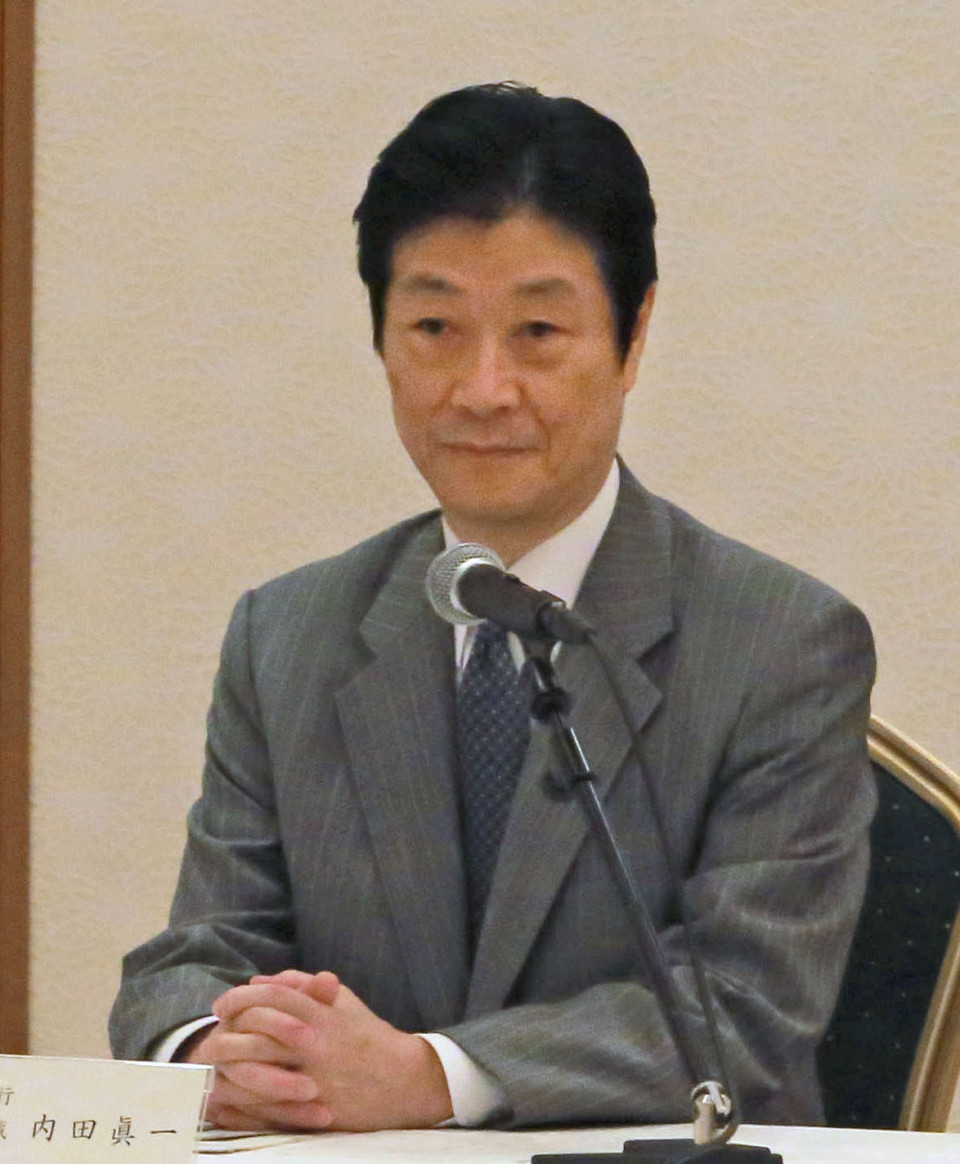The Bank of Japan will keep its policy rate at the current level to maintain monetary easing and will not raise it further when financial markets are unstable, one of its deputy chiefs said Wednesday.
BOJ Deputy Governor Shinichi Uchida also said in a speech in Hokkaido, northern Japan, that the recent pause in the yen's weakening has "decreased" upside risks to inflation via import costs.
His comments, coming after the BOJ raised its policy rate to around 0.25 percent last month, immediately sent the yen falling versus the U.S. dollar. Financial markets had been surprised by the central bank's hawkish tilt at its policy-setting meeting on July 30 and 31.

Foreign exchange moves appear to be affecting prices more and at a faster pace than before, reflecting changing price-setting behavior among Japanese firms, he said.
"I believe that the bank needs to maintain monetary easing with the current policy interest rate for the time being, with developments in financial and capital markets at home and abroad being extremely volatile," Uchida said in his meeting with business leaders in Hakodate.
U.S. recession fears have rattled global financial markets. Japanese stocks took a severe beating, with a rising yen accelerating the selling of exporter issues that are sensitive to currency swings.
Uchida said he himself believes that the United States will make a "soft landing." The BOJ is monitoring market developments and their impact on economic activity and prices in Japan with "utmost vigilance" because stock prices affect corporate investment and private consumption, he added.
If the economic and price outlook changes as a result of such market developments, "the path of the policy interest rate will certainly change," the deputy chief said.
BOJ board members have expressed confidence about the possibility of achieving its 2 percent inflation goal aided by wage growth.
In the most recent projections, the BOJ expects the rate of increase in core consumer prices, a key gauge of inflation, to be around 2 percent in the next few years.
Weakness in private consumption, which accounts for more than half of the economy, has clouded the economic outlook. The BOJ and the government see strong domestic demand as a crucial factor in achieving a virtuous cycle of pay and price hikes.
Uchida said private consumption is expected to remain "resilient," helped by rising wages. Japan marked its first wage rise in over two years in June when the impact of inflation was taken into consideration.
The BOJ plans to halve its government bond purchases toward March 2026 from the current 6 trillion yen ($41 billion) a month, which the central bank estimates will lead to a seven to eight percent reduction in its massive holdings of the debt accumulated over the years to stimulate the economy.
The reduction would lead to higher borrowing costs for companies and consumers. Still, Uchida said it "will not change significantly the effects of monetary easing" and that its impact on the economy will be smaller than that of short-term interest rates.
Uchida, who has played an instrumental role in the crafting and guiding of monetary policy, took up his current post when Kazuo Ueda became governor in 2023.
Related coverage:
Nikkei closes with record point gain after historic loss
Japanese government, BOJ on alert amid market volatility, to work closely
Japan spent record 5.92 tril. yen a day to boost yen in April











